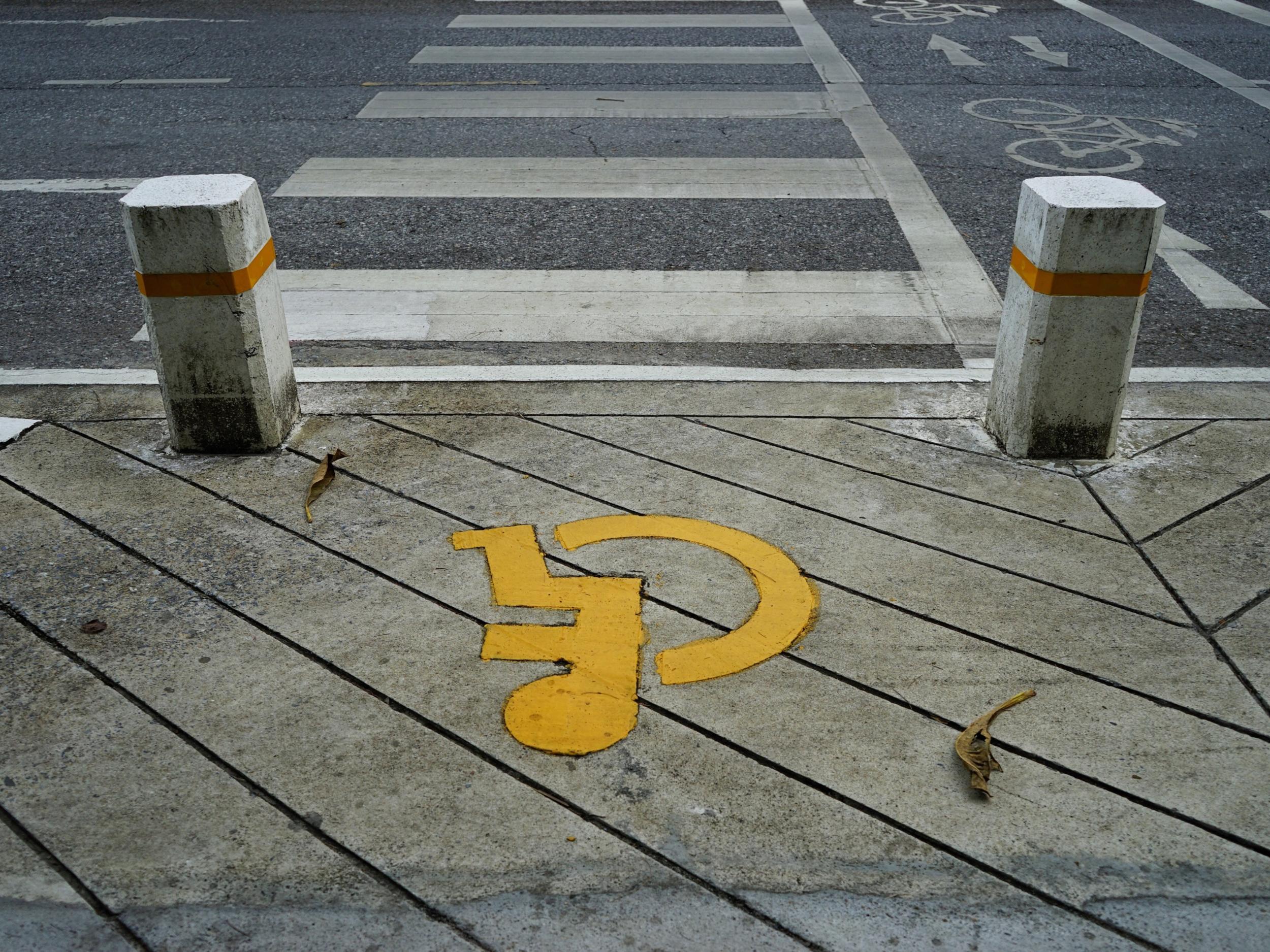More than 160,000 people could get disability benefit back-payments from Department for Work and Pensions
DWP says it won’t dispute High Court ruling that benefit system ‘blatantly discriminates’ against people with mental health problems

Your support helps us to tell the story
From reproductive rights to climate change to Big Tech, The Independent is on the ground when the story is developing. Whether it's investigating the financials of Elon Musk's pro-Trump PAC or producing our latest documentary, 'The A Word', which shines a light on the American women fighting for reproductive rights, we know how important it is to parse out the facts from the messaging.
At such a critical moment in US history, we need reporters on the ground. Your donation allows us to keep sending journalists to speak to both sides of the story.
The Independent is trusted by Americans across the entire political spectrum. And unlike many other quality news outlets, we choose not to lock Americans out of our reporting and analysis with paywalls. We believe quality journalism should be available to everyone, paid for by those who can afford it.
Your support makes all the difference.More than 160,000 people with mental health problems could receive back payments from the Department for Work and Pensions (DWP) after the Government admitted people may have missed out on benefits.
The DWP said it would not appeal a High Court ruling last month that found changes to the disability benefit system “blatantly discriminated” against people with mental health problems.
Disability campaigners hailed it as a “victory”.
The ruling in December found an amendment to personal independence payment (PIP) that limited the amount of support people with psychological distress could receive for making journeys constituted a breach of their human rights.
Summing up the case, which was brought by a woman with mental health problems, the judge said the regulations could “not be objectively justified”.
The new Work and Pensions Secretary Esther McVey said the DWP would not appeal and would take “all steps necessary” to implement the judgment, by going through all affected PIP claimants to identify anyone who may be entitled to additional support as a result of the case.
“We will then write to those individuals affected, and all payments will be backdated to the effective date in each individual claim,” she added.
Disability campaigners have hailed the announcement as a “victory” for disabled people who have been unable to access support they are entitled to. They said it would come as a “huge relief” for many people with disabilities.
Debbie Abrahams MP, Labour’s Shadow Work and Pensions Secretary, said the ruling showed “yet more evidence of the duplicity and disarray” of the Government’s social security policies.
She added that questions remain over how many people were affected and how much public money has been shed out on the case.
“The Government was wrong to bring in the PIP regulations last year and it was wrong to ignore time and time again the views of the courts. Labour supported the initial tribunal judgment and pledged in our manifesto to reverse the PIP regulations,” she said.
“Serious questions remain including: how many people have been adversely affected by the Government’s reckless decision to oppose the tribunal’s original judgment? How much public money has been spent on lawyers, trying to defend the indefensible?
“And how quickly will people with severe mental health conditions receive the support to which they are rightly entitled? This is yet more evidence of the duplicity and disarray of the Tories’ social security policies.”
Mark Atkinson, chief executive of disability charity Scope, said: “It’s absolutely right that the Government has accepted the High Court’s ruling over the “discriminatory” changes made to PIP last year. This announcement is a victory for the many disabled people who have been unable to access support they are entitled to.
“The regulations introduced last March made crude and unfair distinctions between those with physical impairments and mental health conditions.
“Thousands of disabled people rely on PIP to live independently and meet the often substantial extra costs they face related to their condition or impairment.
“While those affected by these misguided changes will now receive the payments they are entitled to, the fundamentally flawed PIP assessment process still needs radically overhauling so it accurately identifies the extra costs disabled people face.”
Rebecca Hilsenrath, chief executive at the Equality and Human Rights Commission, meanwhile, said: “For anyone with a disability, being able to live independently is vital.
“We welcome the decision by the Government not to appeal against the High Court ruling at the end of last year that changes to PIP were discriminatory. Their decision today will mean people with mental health conditions can access the support they need.”
Laura Wetherly, policy manager at the MS Society, said: “This is much-needed recognition from the Government that mental difficulties can affect people’s lives just as much as physical symptoms. It will come as a huge relief to the thousands of people with multiple sclerosis who know only too well the significant impact cognitive symptoms can have.
“However, this is only addressing one part of a broken system. A lot more still needs to be done – we’re urging the Government to review the PIP assessment so that it works for people living with an unpredictable condition like MS.”
Announcing the DWP would not appeal on Friday, Ms McVey said: “Supporting people with mental health conditions is a top priority for this Government. We are committed to ensuring our welfare system is a strong safety net for those who need it.
“That is why we spend over £50bn a year supporting people with disabilities and health conditions – more than ever before. Disabled people and people with health conditions, including mental health conditions, deserve the very best support.”
Join our commenting forum
Join thought-provoking conversations, follow other Independent readers and see their replies
Comments